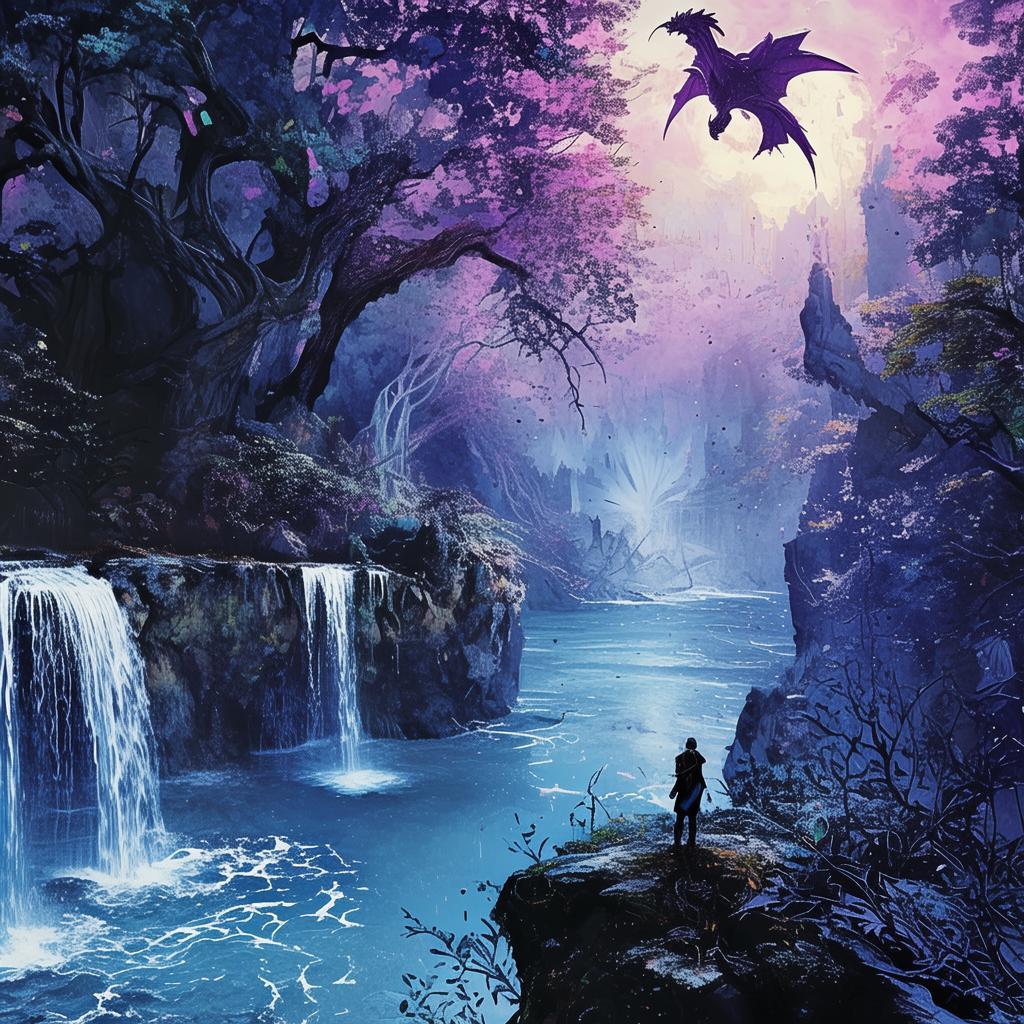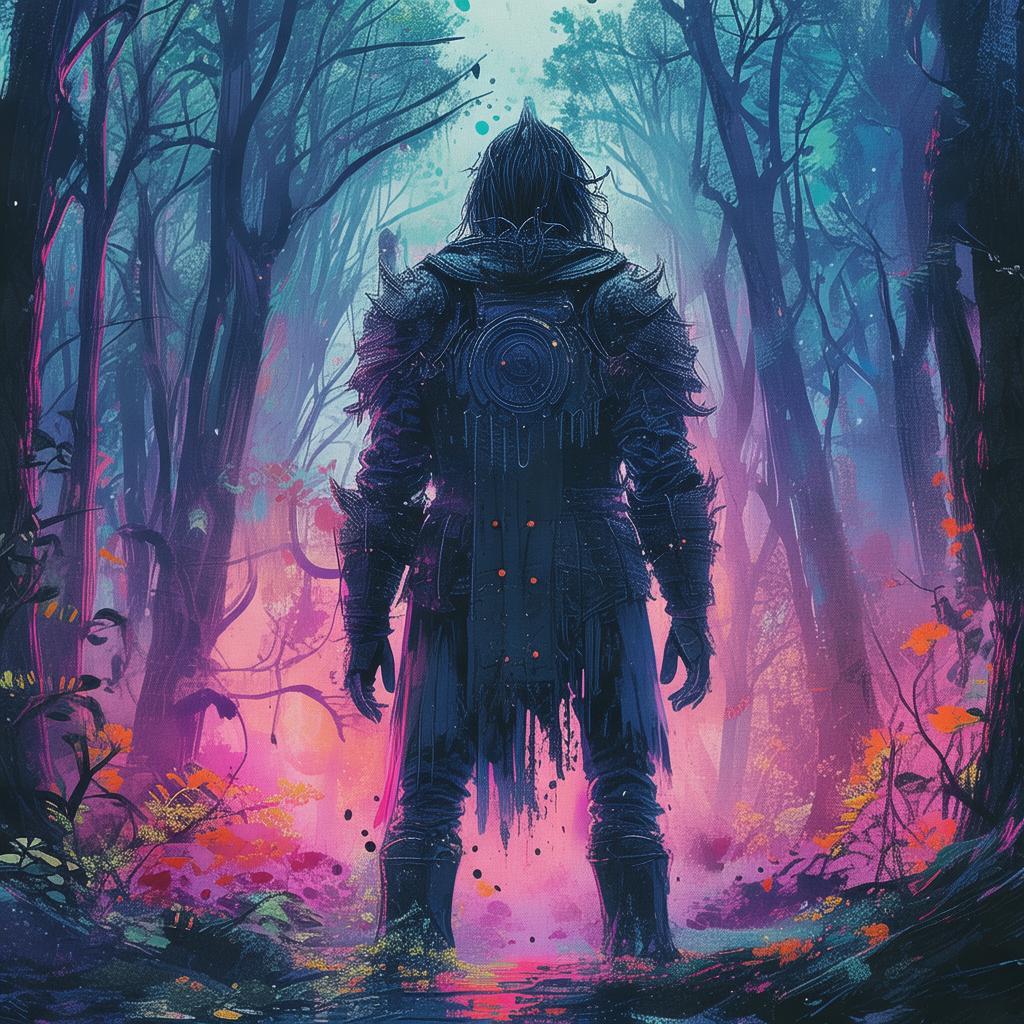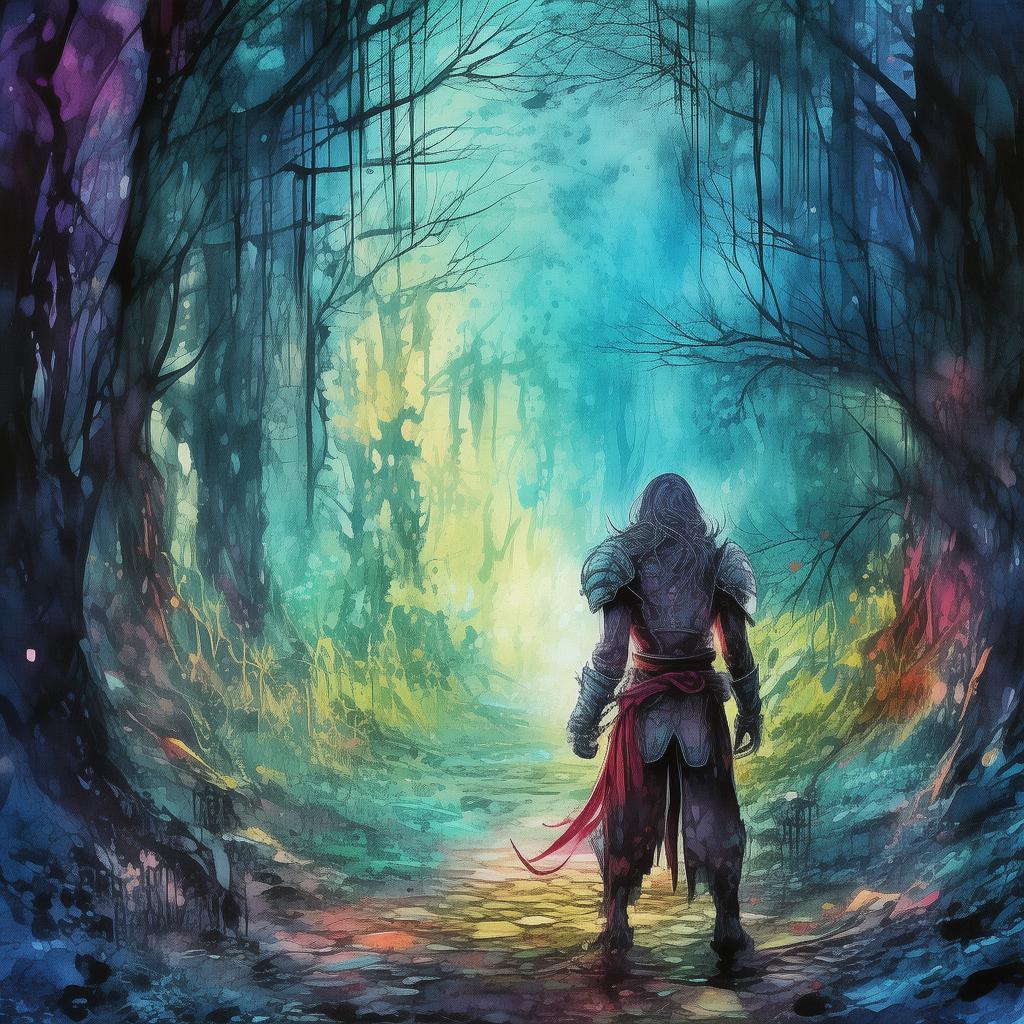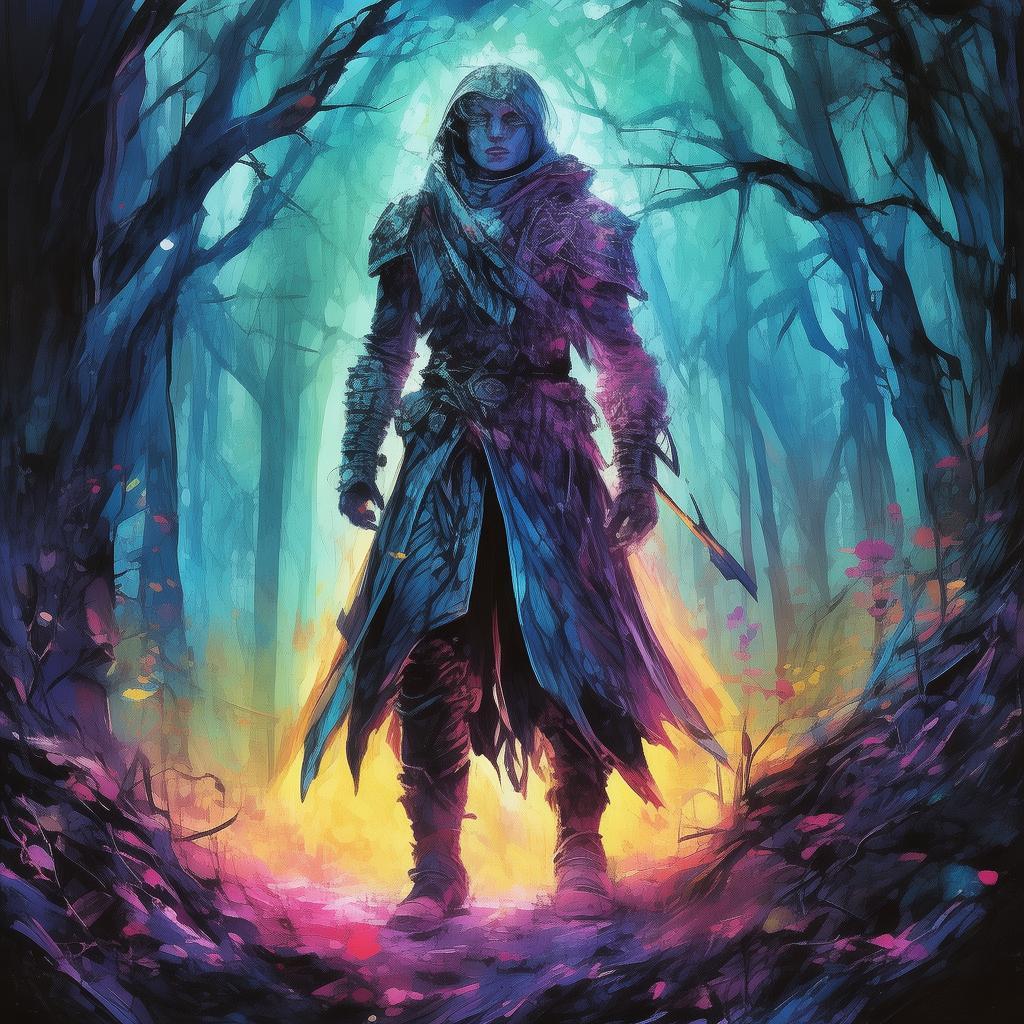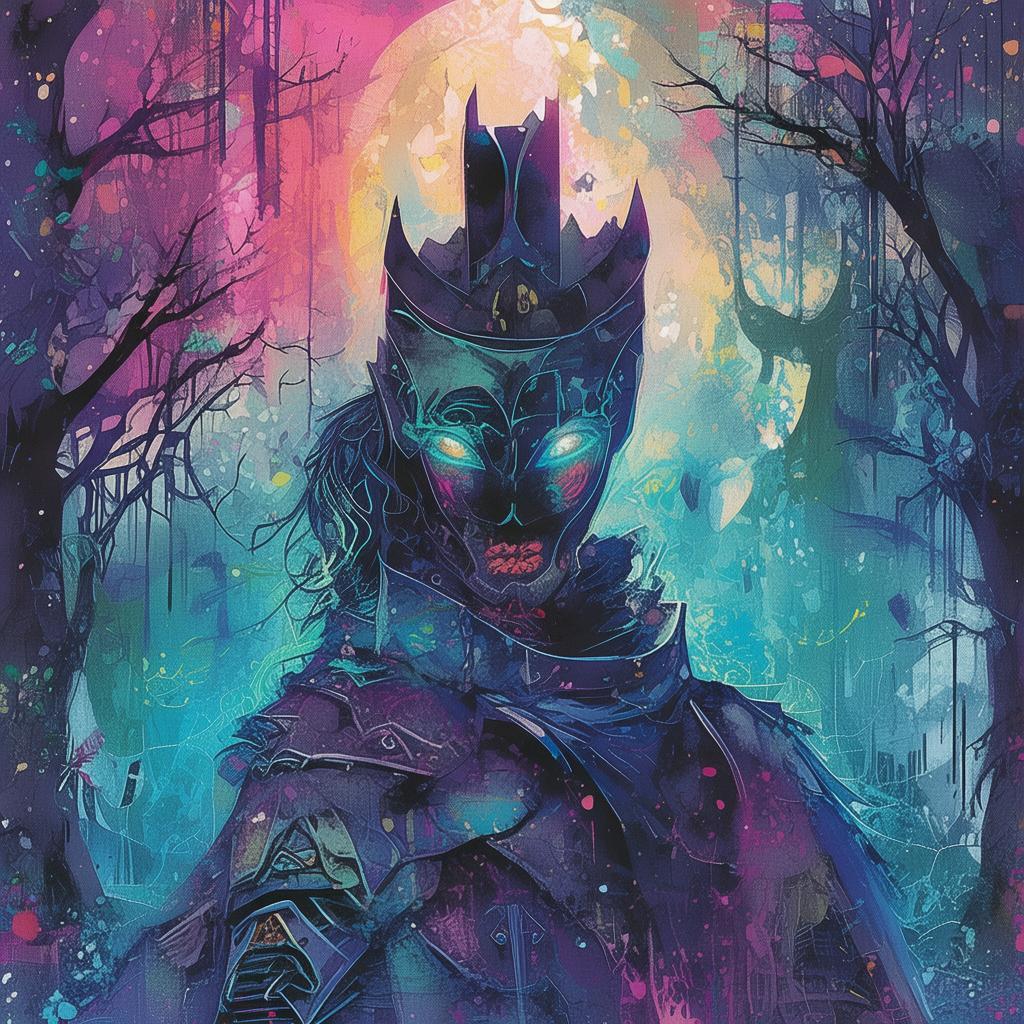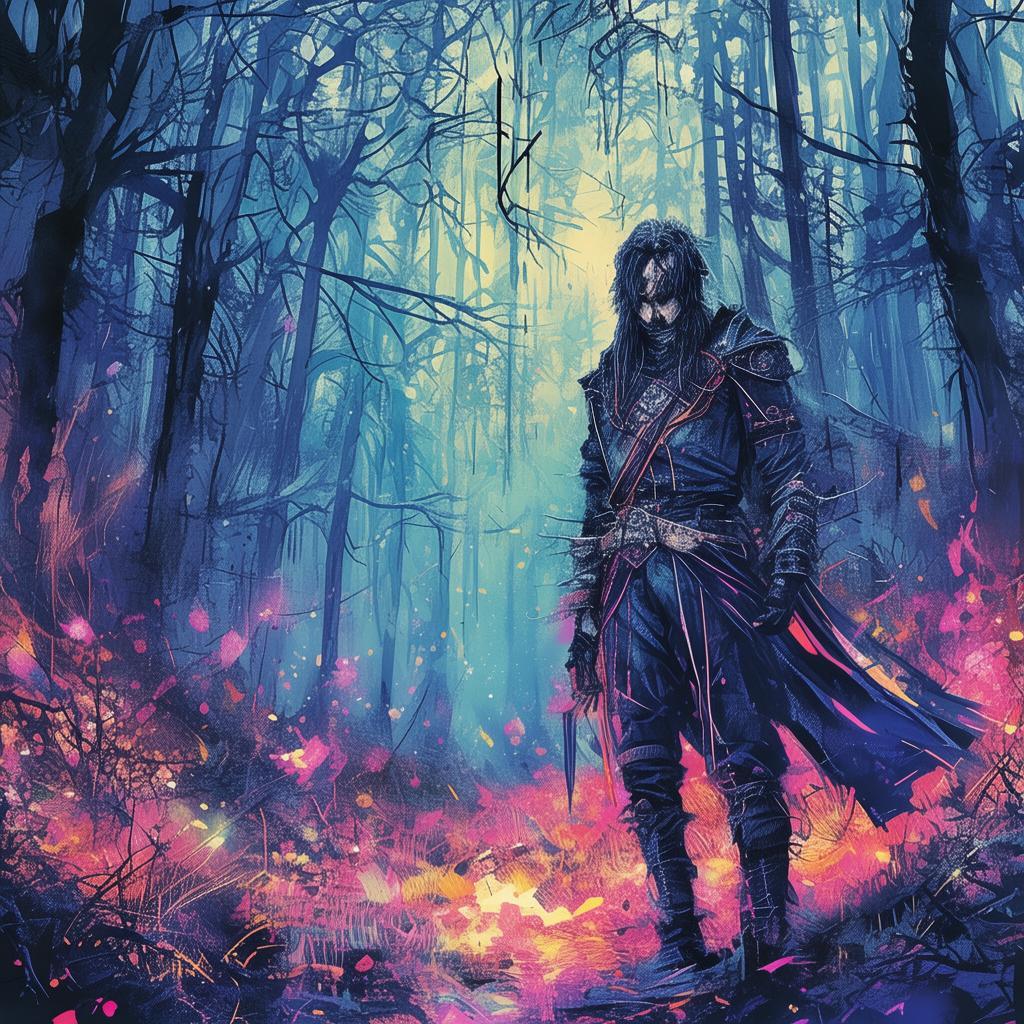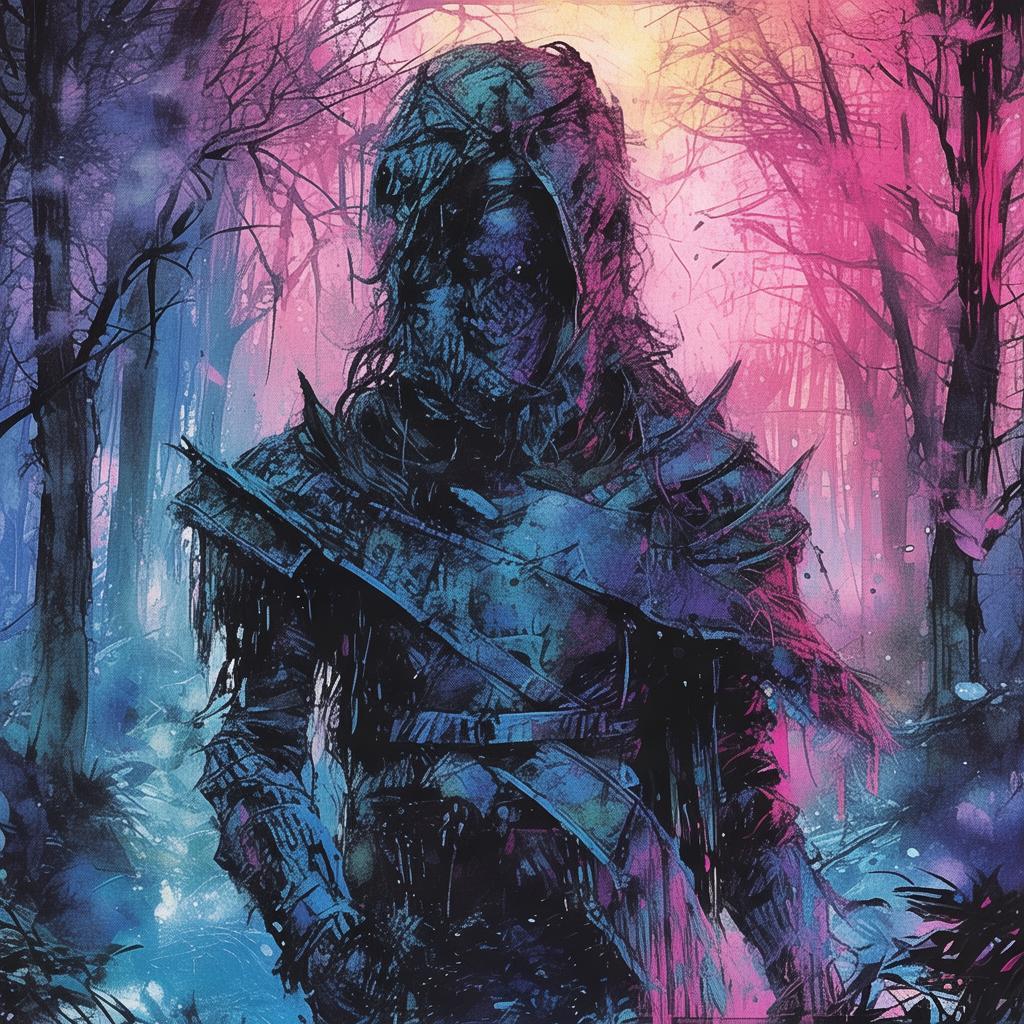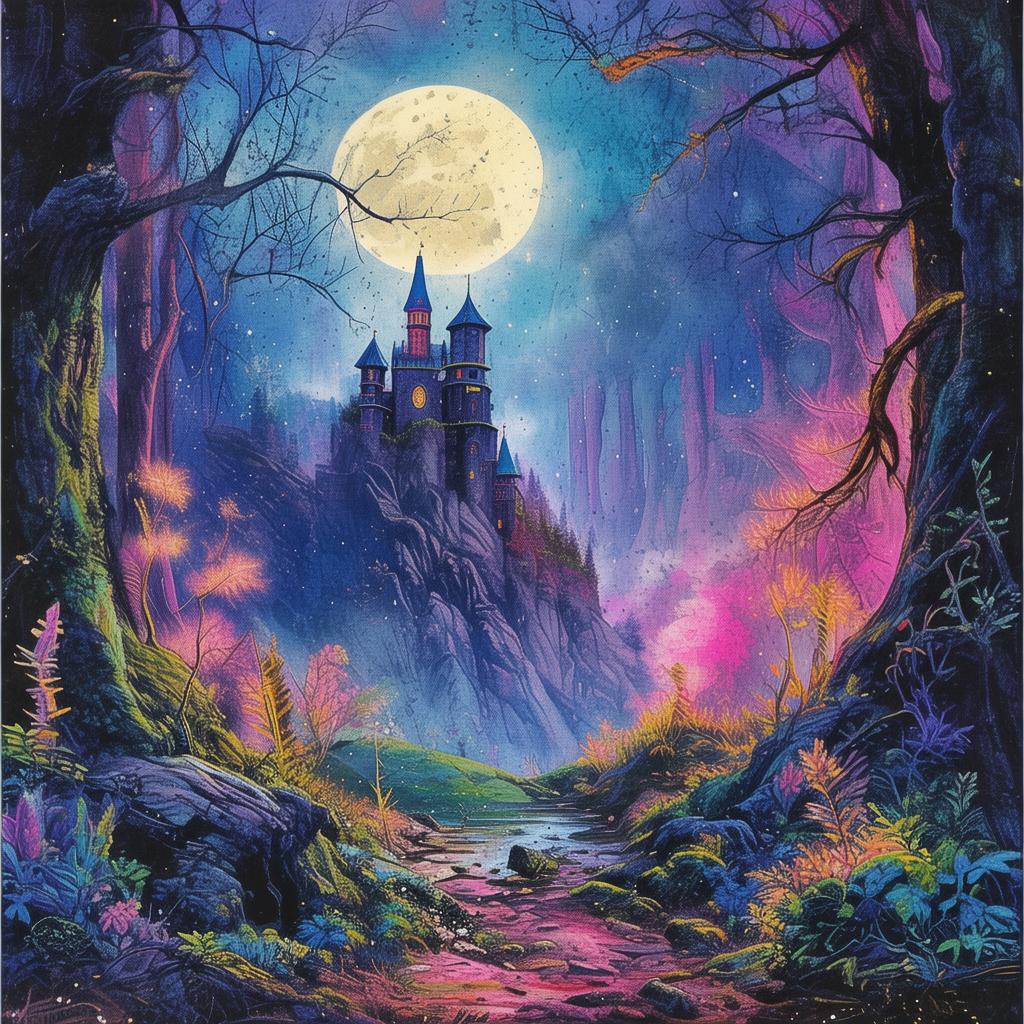The Golden Harp of the Nomads: A Dream That Unraveled
In the vast expanse of the Mongolian steppes, where the sky kisses the earth and the stars are as numerous as the herds of wild horses, there lay a secret known only to a few. It was the tale of the Golden Harp of the Nomads, a harp whose strings were said to hold the dreams of the earth itself.
The harp was said to be crafted by the hands of the great nomadic master, Khan Tenger, whose wisdom and skill were as boundless as the lands he roamed. It was said that when played, the harp could summon the dreams of the nomads, revealing to them the paths of their destiny.
In the small, windswept yurt of Bataa, a young girl named Gyalu grew up listening to the tales of the harp. Her father, a herdsman of the nomadic tribe, often spoke of the harp's magic, his eyes lighting up with the remembrance of Khan Tenger's legend. Gyalu was fascinated, her dreams filled with visions of the vast steppes and the golden harp that could guide her own destiny.
As she grew older, Gyalu became a skilled harpist, her fingers dancing over the strings with the grace of a nomadic eagle soaring over the horizon. She was known throughout the tribe for her music, her songs of the wind and the land resonating with the souls of the people.
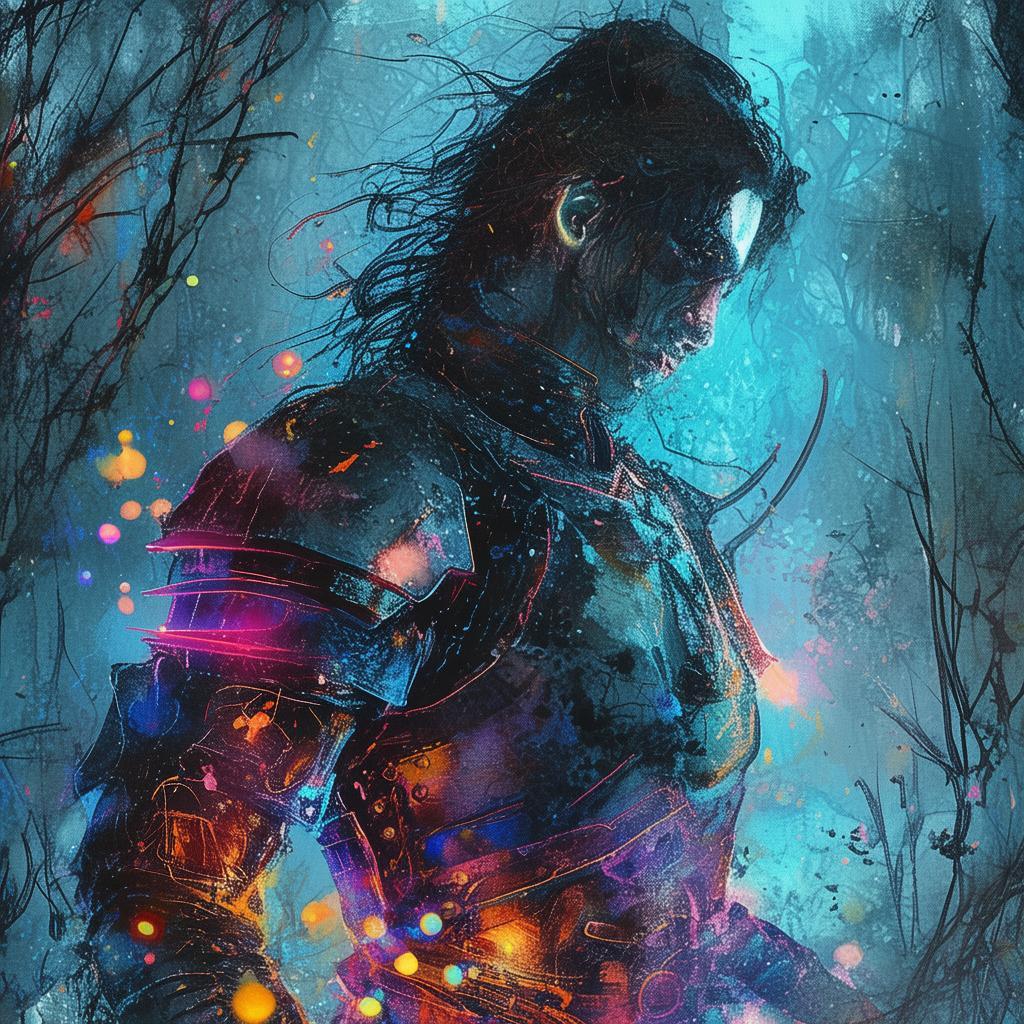
One night, under the full moon, as the stars whispered secrets to the sleeping earth, Gyalu had a dream. In her dream, the Golden Harp appeared to her, its strings shimmering with a golden light. The harp spoke to her in the language of the wind, promising her a journey that would change her life forever.
The following morning, Gyalu approached her father, her eyes alight with the promise of her dream. "Father," she said, "I must leave our yurt. The harp calls to me, and I must fulfill my destiny."
Her father, though hesitant, understood the power of dreams and the nomadic code of honor. "Go, Gyalu," he said, "but remember, the path of destiny is often fraught with betrayal and trials."
With the harp in her hands, Gyalu set out on her journey. She traveled across the steppes, her harp a beacon of hope and guidance. As she moved, she encountered many who sought her aid, believing her music to be a gift from the gods.
However, as Gyalu's fame grew, so did the envy of those who wished to claim the harp for themselves. Among them was a cunning and ambitious warrior named Khalkha. He saw in Gyalu's quest a means to gain power and recognition, and he began to plot her downfall.
Khalkha approached Gyalu under the guise of friendship, offering to protect her on her journey. Gyalu, trusting the spirit of the nomads, accepted his offer. But Khalkha's heart was as dark as the night he sought to control.
As they traveled together, Khalkha's true intentions began to reveal themselves. He would stop at nothing to seize the harp, even if it meant betraying Gyalu. His first act of treachery came when he convinced her to visit an ancient temple hidden in the mountains.
The temple, a place of power and mystery, was guarded by the spirits of the ancestors. Gyalu played her harp, and the spirits listened, their ancient eyes reflecting the light of her music. But Khalkha, with his greed, had no respect for the spirits. He attacked Gyalu, seeking to take the harp by force.
In the midst of the battle, Gyalu played her harp with newfound strength, her music calling forth the spirits to her aid. The temple shook as the spirits descended, and Khalkha was driven back. But the damage was done; the harp's magic had been weakened.
Gyalu, knowing the harp's power was compromised, made a desperate decision. She played a melody of sacrifice, offering her own life to save the harp and restore its magic. As she played, her body began to glow, and the harp's light intensified.
With a final, powerful note, Gyalu's life force was transferred to the harp, and the spirits lifted her body into the sky. The harp, now fully restored, soared into the heavens, its magic bound to the dreams of the earth.
Khalkha, watching in horror, realized the true power of the harp and the spirit of the nomads. He fell to his knees, his ambition and greed vanquished by the magic of the earth.
In the end, the legend of the Golden Harp of the Nomads spread far and wide. It was said that the harp still sang its songs in the dreams of the nomads, guiding them to their destiny, while Gyalu's sacrifice lived on as a testament to the power of love, honor, and the enduring spirit of the Mongolian people.
✨ Original Statement ✨
All articles published on this website (including but not limited to text, images, videos, and other content) are original or authorized for reposting and are protected by relevant laws. Without the explicit written permission of this website, no individual or organization may copy, modify, repost, or use the content for commercial purposes.
If you need to quote or cooperate, please contact this site for authorization. We reserve the right to pursue legal responsibility for any unauthorized use.
Hereby declared.
